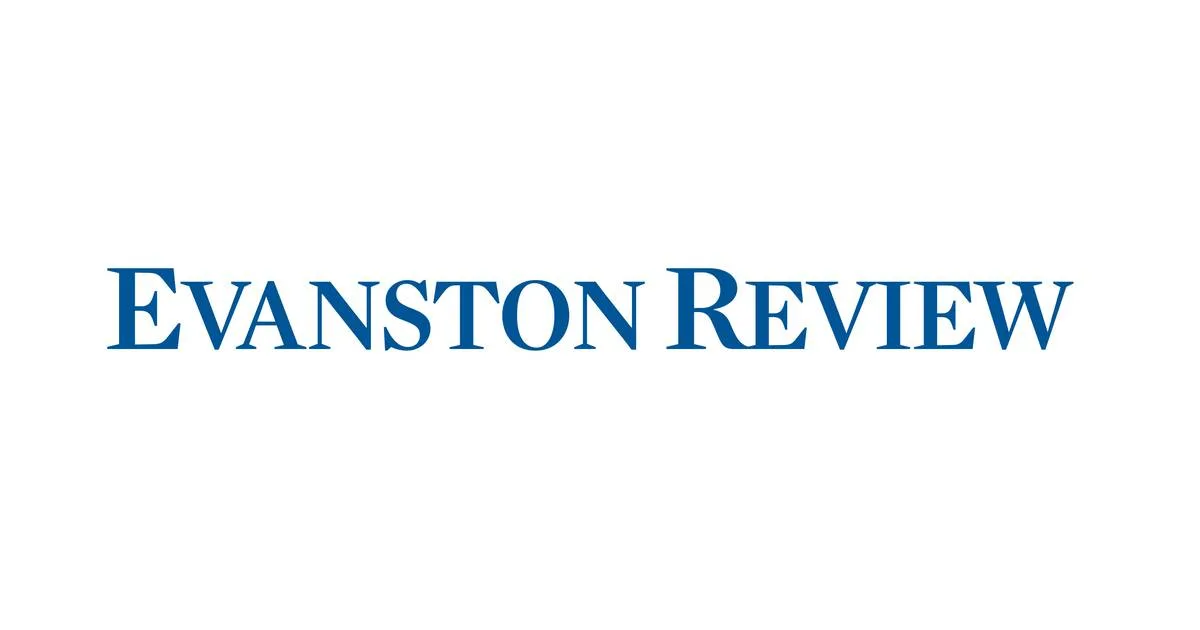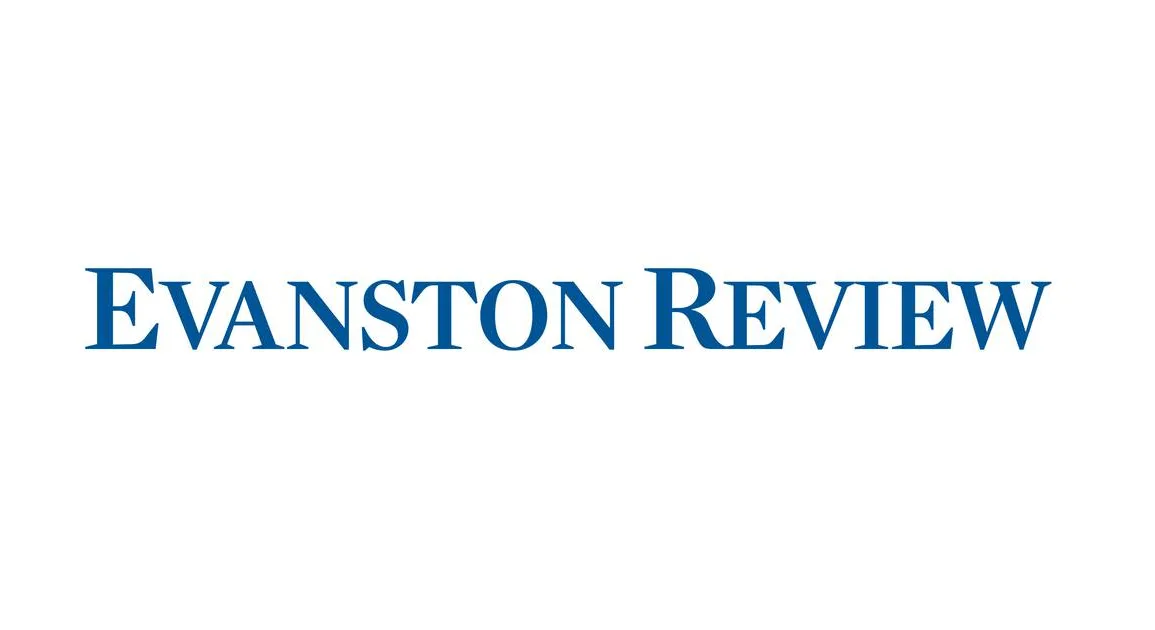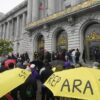
Support is strong for Evanston’s reparations program nearly four years after the City Council voted to enact it and make the city the in the country to provide government funds to address injustices faced by Black residents, according to a new study from Northwestern University and NORC at the University of Chicago.
The study, which surveyed 3,500 Evanston residents between February and June, asked residents two questions — if they believe the reparations program is good public policy and how the passage of the reparations ordinance impacted their trust in city government. This group represents about 5% of the city population.
Results showed 70% of white respondents believe the program is a good public policy for the city. A news release from Northwestern compared this to the average 20% approval among this group in nationwide surveys.
Data also showed 64% of Black respondents, 61% of Latino respondents and 62% of Asian respondents also supported the program. Respondents acted even more positively on the question of trust in city government, saying their trust grew as a result of the reparations ordinance. This was seen in all nine wards and across all ethnic and racial demographic groups.
Robin Rue Simmons, chair of the Evanston Reparations Committee who introduced the ordinance to the City Council in 2019, said the study results show reparations programs can be successful and the committee is heading in the right direction.
“Seeing increased belief and trust in government is an important outcome in this report, especially in Black communities where we long have reason not to trust government bodies,” she said. “This report will be the key document in some cases that can move cities beyond concerns of how it might divide a community.”
Director of Northwestern’s Center for the Study of Diversity and Democracy Alvin Tillery called the findings remarkable, saying he believes the public education piece of the program helped move the program forward compared to other cities with reparations policies in the works.
Tillery said that while Evanston is progressive like many other municipalities looking to implement reparations programs, it stood out by engaging in public education campaigns before coming to the table to vote and enact changes.
“The reason that reparations never moves forward is you’ve got all of these octogenarian and septuagenarian Democratic politicians, typically white men, who may or may not think it’s good public policy but they’re terrified you’re going to lose white voters if you start talking about race too much,” he said. “Evanston is a place where that’s just not going to happen.”
He also said the way the program was tailored to survive constitutional challenges helped make the program more successful.
Responses to the survey were voluntary, a fact Tillery said can cause skepticism in some who say those who support the program would be more likely to comment but he said survey research shows it is far more likely to hear from those with negative opinions.
Tillery would have liked to have seen more respondents from the Black and Latino communities, particularly in the 5th and 8th wards. To combat barriers that make responses for those communities more difficult, researchers sent out 10,000 flyers directly to homes resulting in a few hundred back in response.
Simmons said she has seen perceptions of the program change in the four years since she introduced the ordinance and naysayers said it would never pass or it wouldn’t be funded if it did pass.
“In 2019 when I introduced the reparations legislation in Evanston, it was a political nonstarter. It was too provocative, it was unattainable, it was dismissed in many case,” she said. “Hearts and minds in Evanston have changed. They have seen it is attainable, it doesn’t break anything, it only makes us better.”
The survey is the first piece in a larger study following public response to the reparations program, giving researchers a baseline. The next step in the study will be focus groups, which Tillery said will likely explore is the impact adding a direct cash payment option to the program had on public perception.
Focus groups are expected to take place at the start of 2024, according to Tillery.



